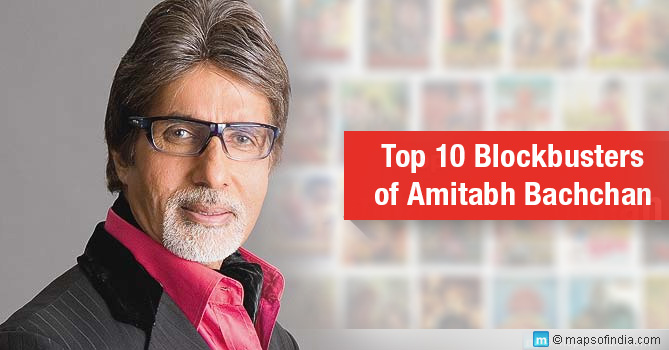If you’re hoping for a talky film that would stoke your revolutionary flame, ‘Sardar Udham’ is not it. Expect no harsh dialogues or outbursts of anger. Instead, the pre-independence drama is a seething study of a man tormented by grief based on historical circumstances. The protagonist’s strength is numbing agony, and his voice is quiet. Loss and sorrow are so overwhelming that avenging the horrific atrocity he saw in his twenties becomes the only reason he exists, even after 20 years.
The movie, set in World War II, alternates between past and present. The scope is vast, but the source material on the primary person is hefty. Udham’s chest-thumping slogans or writings were not discovered. Instead, there was an injured man who went about his job discreetly. The objective was to connect the dots with the limited information and get insight into his mind. Shoojit attempts to discover why he did what he did rather than simply how he did it.
The goal is to comprehend the emotional journey of an innocent Amristar youngster who would never wield a pistol, let alone fire one. What compelled him to shoot at Dwyer at point-blank range rather than abandon the scene? Was it motivated by vengeance? Why keep the anguish for two decades and not let it go? Why is the same individual both a revolutionary and a terrorist in other people’s eyes?
Shoojit Sircar does not see heroism or freedom through a narrow lens. His hero does not appear to be invincible or heroic. Udham didn’t despise the man or his nation for inciting the tragedy. His struggle was against the British philosophy of gaining the freedom of others to express and live in peace. Shoojit introduces us to Udham, a tough guy on a mission, for two hours and forty minutes. He glides like a shadow, unrelenting in his quest for Dwyer and freedom from British oppression. For the longest time, we were only bystanders on his arduous trip. We don’t feel sufficiently involved. We witness him doing odd jobs in London and being at the centre of a series of commonplace events building up to the killing.
More than we expect the volcano of his history to erupt at some point, the journey to that heart-wrenching finale is long and winding. Underplaying may be a helpful tactic as long as it does not outplace. This picture is a ticking time bomb just waiting to go off but be warned: the wait will test your patience. The goal is to give the narrative a calm before the storm treatment. The silence effect is magnified, so when Udham’s inner agony finds an escape, it reaches a climax. It’s well-thought-out, but the delivery falls short. The non-linear, non-verbose storyline tries to hold your interest even an hour into the film. The re-enactment of the Jallianwala Bagh massacre is disturbing to behold. Hence, this narrative has to be shared.
Sardar Udham, played by Vicky Kaushal, participates in uncharted territory. He does his best to convey unsaid words, but a movie like this deserved Irrfan to communicate via his eyes. You can count on a seasoned performer to improve scenes that require silence. Vicky, on the other hand, shines on a few occasions. His intoxicated moment, 20-something characterization, and final chat with a British investigator bring out the best in him as an actor. It’s heartbreaking to hear him ponder, “Mere jawani ka koi matlab bana?”
The writing attempts to avoid stereotypes but instead comes out as modern. Hinglish dialogues by Bhagat Singh include, “Hum sirf exploitation ke against hai. “Humein semi-independence nahi chahiye” seems out of place in this context. Udham reflecting on his chaotic past and asking a British officer, “What were you doing when you were 23?” is a memorable statement.
Sardar Udham’s bravery was never audible. It whispered. This freedom warrior crossed continents throughout his life, adopted identities, and kept a low profile. He was too preoccupied with his one-of-a-kind search for equality to make a sound. If you’re as fascinated by his tranquil existence as I am, this film is for you.





